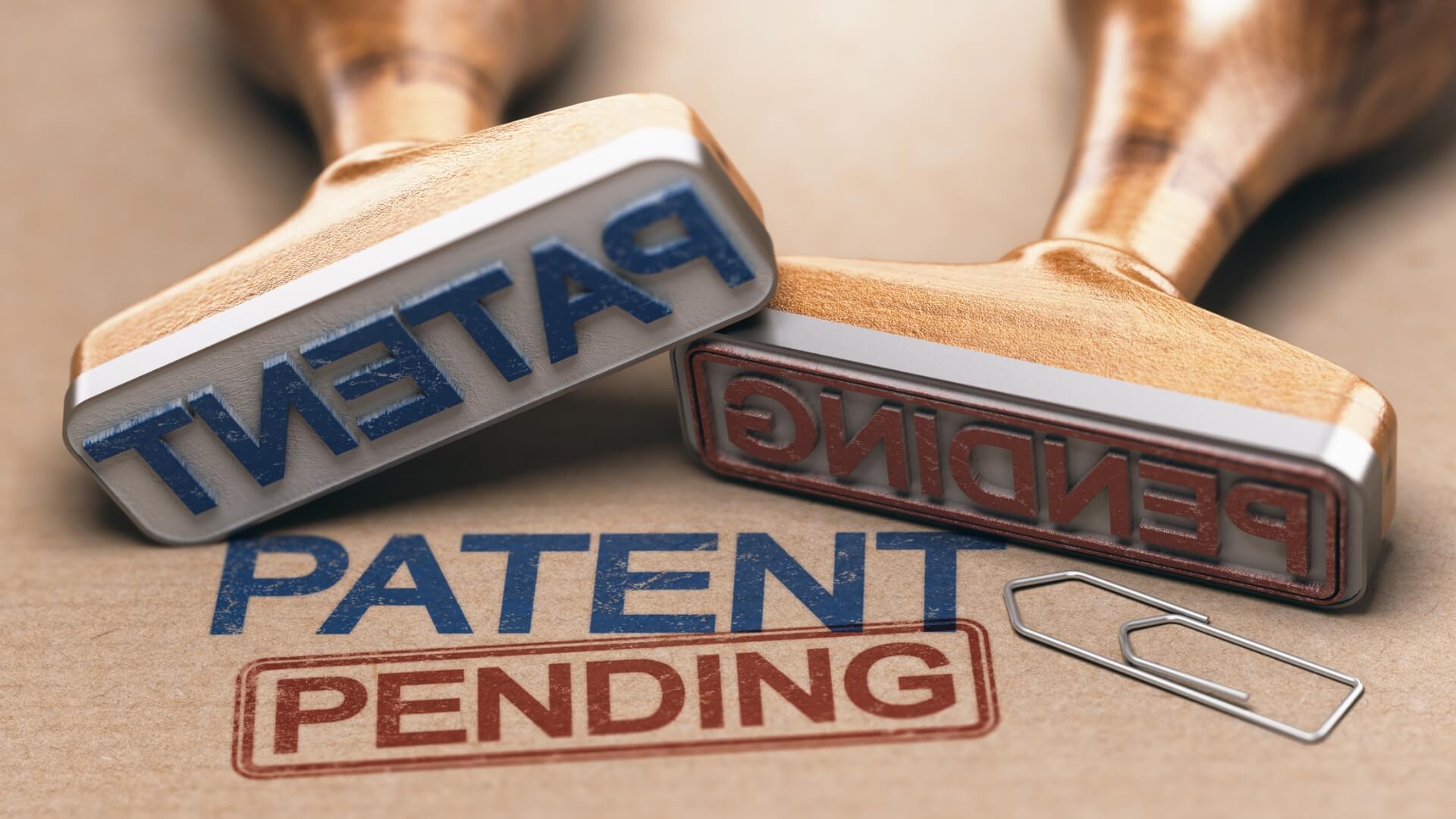Experts believe the European Commission’s SEP proposal undermines innovation. Patrick McCutcheon, managing director of IP Europe, a coalition of R&D-intensive organizations whose inventions are protected by patents, has said the European Commission’s (EC’s) standard-essential patents (SEPs) proposal not only threatens the business models of IP Europe’s members, which include Nokia, Ericsson, and Orange, but “the entire European open innovation ecosystem.” He claimed that IP Europe members invest 15-20% of their annual turnover “into the development of critical technologies, which then are contributed to the development of open standards, which facilitate rapid diffusion of the technology.” And, McCutcheon added, “If this open innovation ecosystem is threatened, then technology leadership will be in the hands of big tech and large, vertically integrated companies, of which the [European Union] EU has few if any.”
SEPs are patents that a standards organization deems essential to the functioning of a shared industry practice known as a technical standard. Industries develop standards to ensure the interoperability of their products―for example, USB pmustiFi, and 5G. When patents are accepted as being essential to a standard, the organizations that own the patents have to license the patents under fair, reasonable, and non-discriminatory (FRAND) terms and conditions to encourage innovation. Although court disputes related to standards are relatively rare, they have involved several large companies, including Apple, Google, Mercedes-Benz, Continental, Nokia, and Ericsson; can take years to settle; and are costly.
McCutcheon believes the EC SEP proposal will exacerbate “the one actual problem in the marketplace,” one of strategic infringement or “hold-out,” in which implementers choose to delay the negotiation process and thus, the payment of royalties. Here is an opinion piece we found of interest relating to the EC SEP proposal governing SEPs.
The European Commission is Set to Undermine the Continent’s Tech Industry
In an opinion piece, “The European Commission is set to undermine the continent’s tech industry” for Brussels Morning, the Council for Innovation Promotion Board of Directors said that under the current patent system, Europe’s tech sector is thriving.
Under the existing rules, companies that incorporate a standard into their products may be required to use patented technology. SEP rights holders are required to make their patents available for other companies to license on fair, reasonable, and non-discriminatory terms. These rules ensure that a single SEP owner cannot hold up an entire industry by refusing to license its intellectual property. Companies arrive at SEP licensing rates through negotiation. The rates must be high enough to encourage innovators to develop new standardized technologies, but not so high that they discourage manufacturers from incorporating patented technology into their products. If negotiations reach a roadblock, SEP owners and licensees can turn to the courts.
The Council for Innovation Promotion Board of Directors argued in its piece that Europe’s current SEP regulation framework is a global leader, striking a balance between SEP innovators and implementers that courts elsewhere follow.
However, the Council critiqued the EC plan to create a new Competency Centre at the EU’s Intellectual Property Office (EUIPO), which is an extra-national body with no history or experience handling SEPs, and to give this Centre control over all SEP licensing and regulation. The Council asserted that the EC SEP proposal would undermine the current regulatory framework and reduce its enforceability, therefore undercutting the value of SEPs and eroding incentives to develop new technology for use in standards. In addition, the Council said this change would cause major uncertainty across the European and American systems for standards-implemented innovation. Read the full article on Brussels Morning.
Disclosure: Fatty Fish is a research and advisory firm that engages or has engaged in research, analysis, and advisory services with many technology companies, including those mentioned in this article. The author does not hold any equity positions with any company mentioned in this article.
The Fatty Fish Editorial Team includes a diverse group of industry analysts, researchers, and advisors who spend most of their days diving into the most important topics impacting the future of the technology sector. Our team focuses on the potential impact of tech-related IP policy, legislation, regulation, and litigation, along with critical global and geostrategic trends — and delivers content that makes it easier for journalists, lobbyists, and policy makers to understand these issues.
- The Fatty Fish Editorial Teamhttps://fattyfish.org/author/fattyfish_editorial/January 19, 2024
- The Fatty Fish Editorial Teamhttps://fattyfish.org/author/fattyfish_editorial/January 3, 2024
- The Fatty Fish Editorial Teamhttps://fattyfish.org/author/fattyfish_editorial/January 3, 2024
- The Fatty Fish Editorial Teamhttps://fattyfish.org/author/fattyfish_editorial/December 31, 2023









